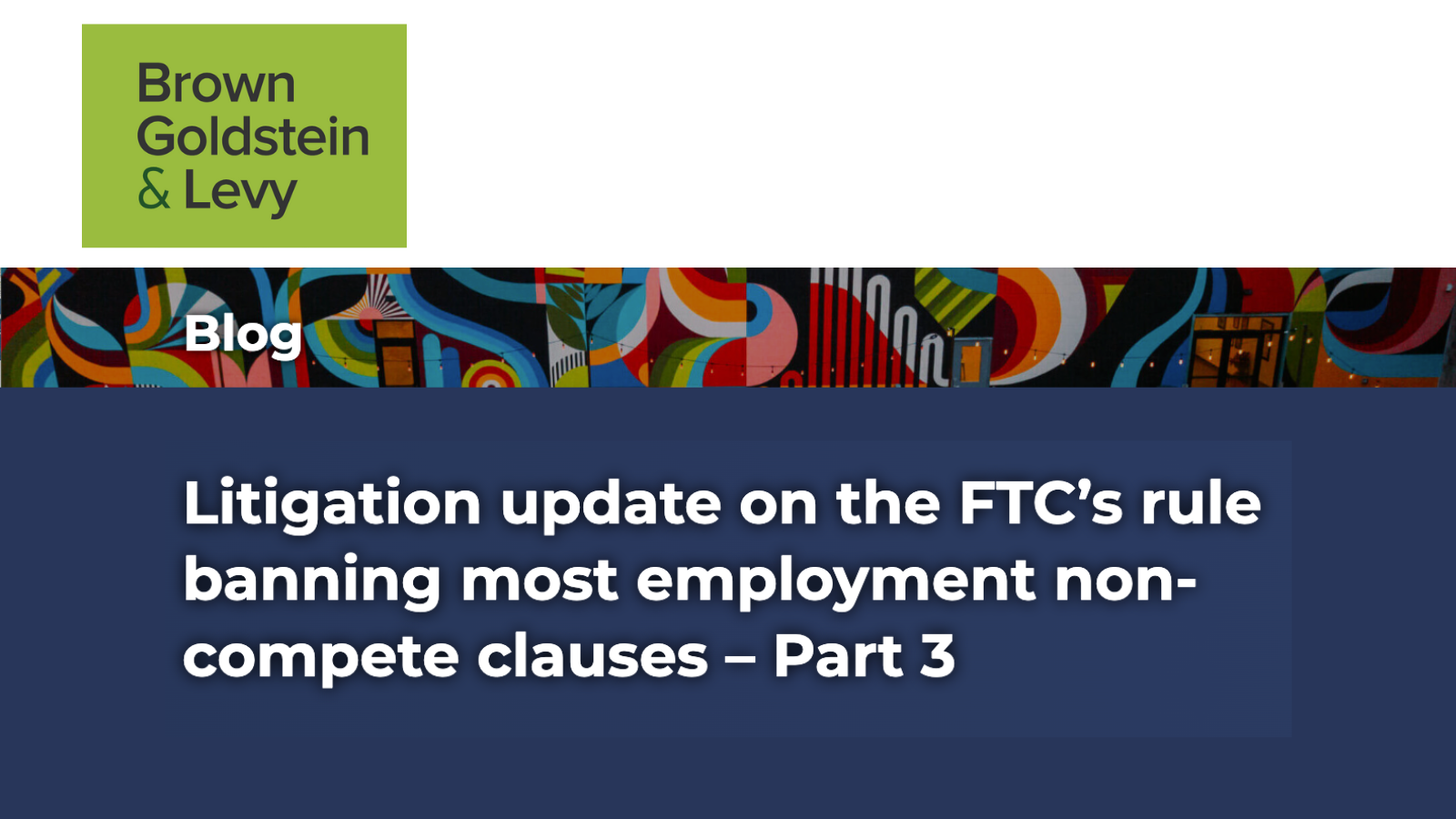Q&A: Decide now on political speech standards at work – Technologist
Question: We are in another heated election season and a few of our employees are known to share their political opinions at lunchtime. Not everybody likes it. Are we allowed to keep politics out of the workplace to avoid conflict and preserve what team spirit we have left?
Answer: Yes. Private employers can prohibit political speech in the workplace, even when an employee is off duty. Employees don’t have First Amendment rights in the private workplace. Personal political opinions are not work-related, and as you suggest, may cause unnecessary division and distraction. If you institute a policy prohibiting political speech, be sure to give advance notice to employees and apply it equally to everyone, including management.
When enforcing your policy, be careful not to discipline nonmanagement workers for exercising their rights under the National Labor Relations Act (NLRA) to discuss issues related to wages, hours, or working conditions. For example, a statement that a particular political party “will ruin our country” isn’t protected because it’s a general political opinion that isn’t tied to the workplace, but a statement that a particular political party “will kill jobs in our industry” may be protected under the NLRA. It doesn’t matter whether the worker is represented by a union, for purposes of these protections.
Sometimes employers want to share their own political views with workers. We don’t recommend this unless you’re prepared for employees to respond with their own opinions, which can stir up new conflicts. Also, if you employ workers in Oregon or Washington, be aware of specific restrictions that apply to employers’ political speech. Oregon’s “captive audience law” (ORS 659.780 and 659.785) prohibits employers from taking adverse action against employees who refuse to attend a meeting or participate in communications involving the company’s opinion on religious or political matters. Similarly, Washington’s Employee Free Choice Act, which took effect on June 4, 2024, prohibits employers from requiring workers to attend employer-sponsored meetings, listen to verbal communications, or view electronic or other communications when the primary purpose is to share the company’s position on religious or political matters.
Allowing political speech in the workplace, no matter which state you operate in, might make it harder to enforce your policy against harassment. Political discussions that veer off the rails can undermine the goal of creating a culture of respect, where each employee is valued, as discussed in our previous article on this topic. Election Day is close. Decide now and inform your employees how you will handle political speech at work. For specific legal advice, please contact your Vigilant Law Group employment attorney.


